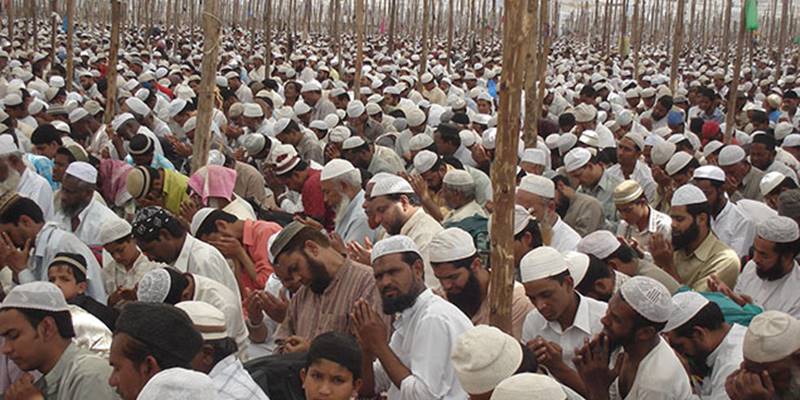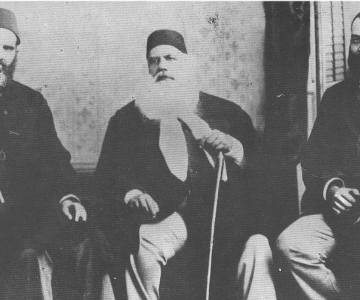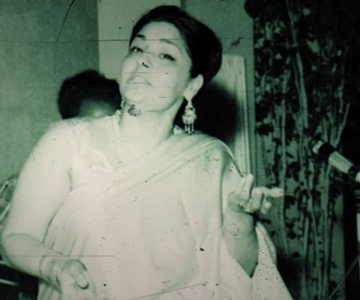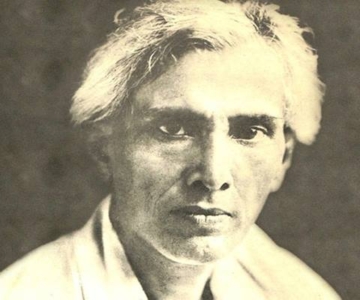Sachar Committee Findings: A Story of Betrayal
by Sadia Dehlvi
The findings of the Sachar committee report on the status of Indian Muslims are being termed as explosive and shocking. They come as no surprise to me or anyone else who is in touch with Indian realities and have been troubled about the condition of Indian Muslims. These facts have been staring at us all these years but the country has chosen to ignore them. However, the committee findings has awakened the nation’s conscience to the marginalization and plight of the Muslim community.
A major objective achieved by the report is that it demolishes the minority appeasement theory forever. Be it the Congress, Left or any other political party, the truth is that their secular rhetoric has not translated into economic realities for the Muslim community. The Muslims have been the victim of vote bank politics and the genuine will to improve their lot has been lacking. The figures in the reports tell a very sad story of victimisation, neglect and discrimination. The story was not the ‘same’ at the time of partition and we must accept that something has drastically gone wrong in free India. It is a betrayal to those Muslims who chose to remain in India and had faith in the secular ideals enshrined in our constitution.
We must acknowledge religious discrimination just as we should acknowledge caste oppression in Modern India for only then can we seek remedial measures. I firmly believe that reservation has the potential to bring about a new face of India .The great Indian dream cannot lie in a handful of IIMs, some glitzy malls and multiplexes but in giving the children of those who toiled to make those structures a chance to change their lives and the lives of those around them. Whatever caste or religion they belong to, the underprivileged have every right to claim a stake in education, governance and employment. The nation needs its privileged citizens to make some sacrifices and take the higher moral ground. India’s tale of freedom is laden with sacrifice and the youth need to be cautioned against the I, me and myself syndrome which is a morally bankrupt Western doctrine.
Sadly, battle lines on the basis of caste are already drawn and we can only hope the debate on reservations for Muslims does not turn communal. It is therefore necessary to emphasise that the Muslims are not asking for reservations on the basis of religion but to be measured on the same scale as the other backward classes in the country. The demand for reservations is hardly a matter of pride for the Muslim community but a humiliating admission of backwardness stemming from helplessness.
A percentage reserved for Muslims within the OBC quota could vary from region to region according to the percentage of Muslim population and according to the level of their backwardness. We need to broaden the concept of reservation beyond caste and have an economic classification. Some states like Kerala, Karnatka and Tamil Nadu have reserved jobs for Muslims resulting in a qualitative difference between the north Indian and south Indian Muslim. In Kerala the Muslims constitute 22 of the population and there are 12% jobs reserved for them. These jobs are available to families earning less than two and a half lac rupees annually. In Karnataka the Muslims are able to avail of 8% of jobs from three different categories including general, community and profession.
Reservation is just one corrective measure but if the issue is used to play divisive politics, it will result in a communal backlash which will hurt and further alienate an already bruised community.
A specific multi layered program upliftment program is what the Muslims need. Primary education must be made available in Muslim ghettos, coaching classes for Muslim graduates to enable them to take part in the competitive exams for government employment is another necessity. A large number of India’s artisans are Muslim and they need help in creating contemporary designs with their craft which can cater to the high end market since the low end market has been taken by China rendering thousands jobless. Vocational training workshops will help the uneducated youth to get employment. Muslim entrepreneurs should be able to avail of small loans with ease. Corporate India should be sensitized to the minority’s problems and could help in the form of scholarships and employment. The private sector could be given some incentives to encourage providing jobs for Muslims not necessarily in managerial positions, but as drivers, guards, peons and at other such positions.
The singular place where Muslims are over represented and constitute nearly 35% of inmates are the jails. It is an indicator of the Muslim reality and is a direct result of poverty, illiteracy and social depravation. The problem is serious and leaves no space for political games. A vision coupled with the courage and will to act is what is required for damage control. If urgent affirmative action is not taken the situation can only get worse. Gandhiji held that a nation be judged by the way it treats its minorities. If the Muslims are unable to join hands with their other Indian brethren in Indias glorious march to progress, History will read it as the failure of the Indian secular state.
The writer can be contacted at sadia@vsnl.com
http://razarumi.com/a-red-card-for-the-sim/



